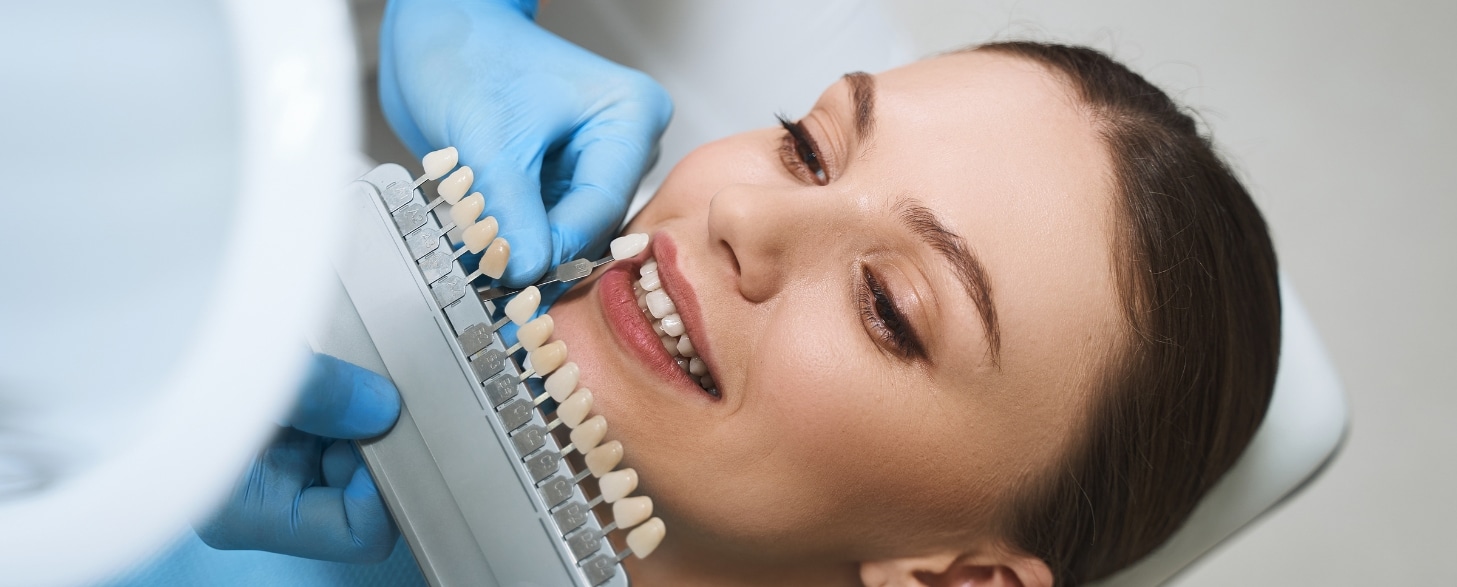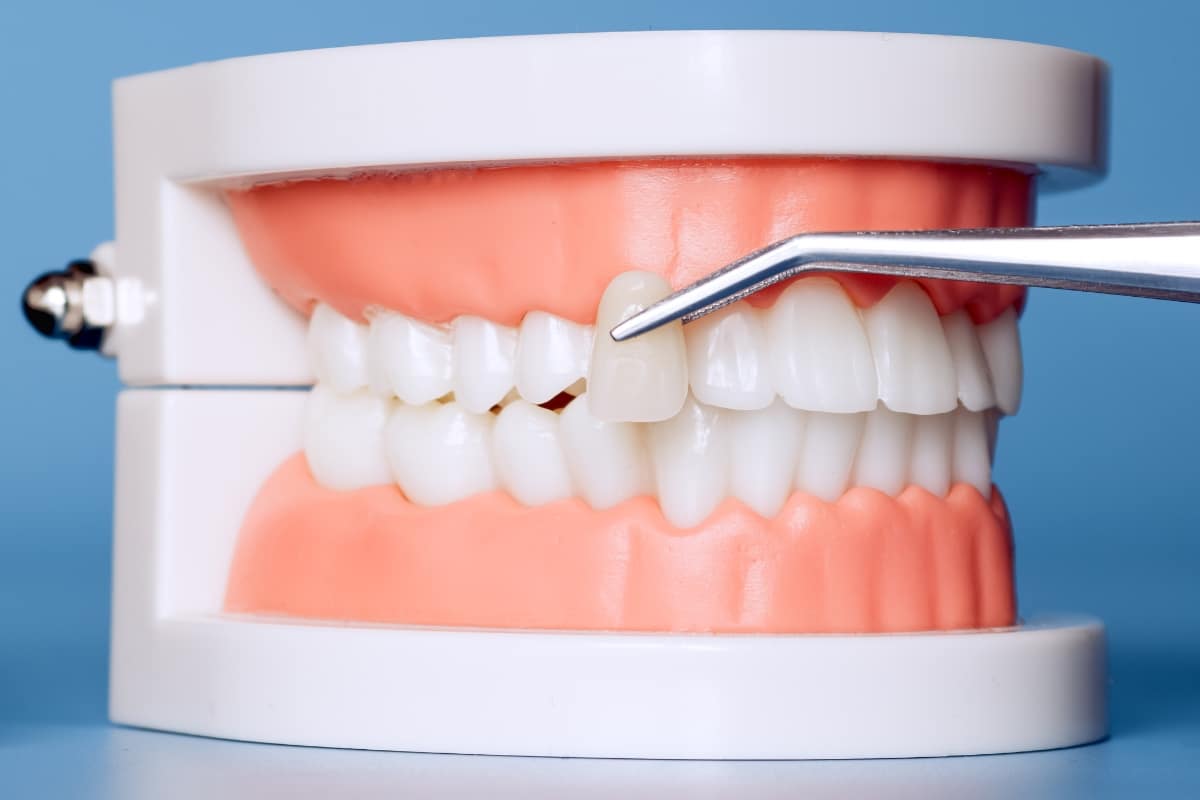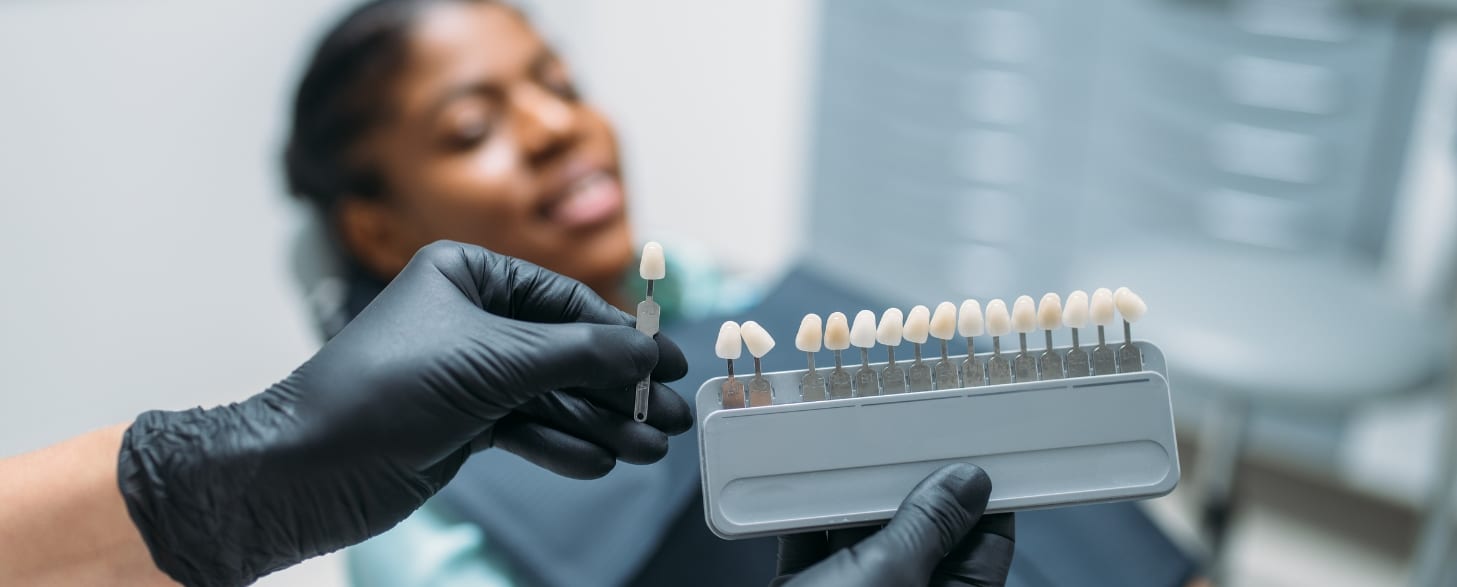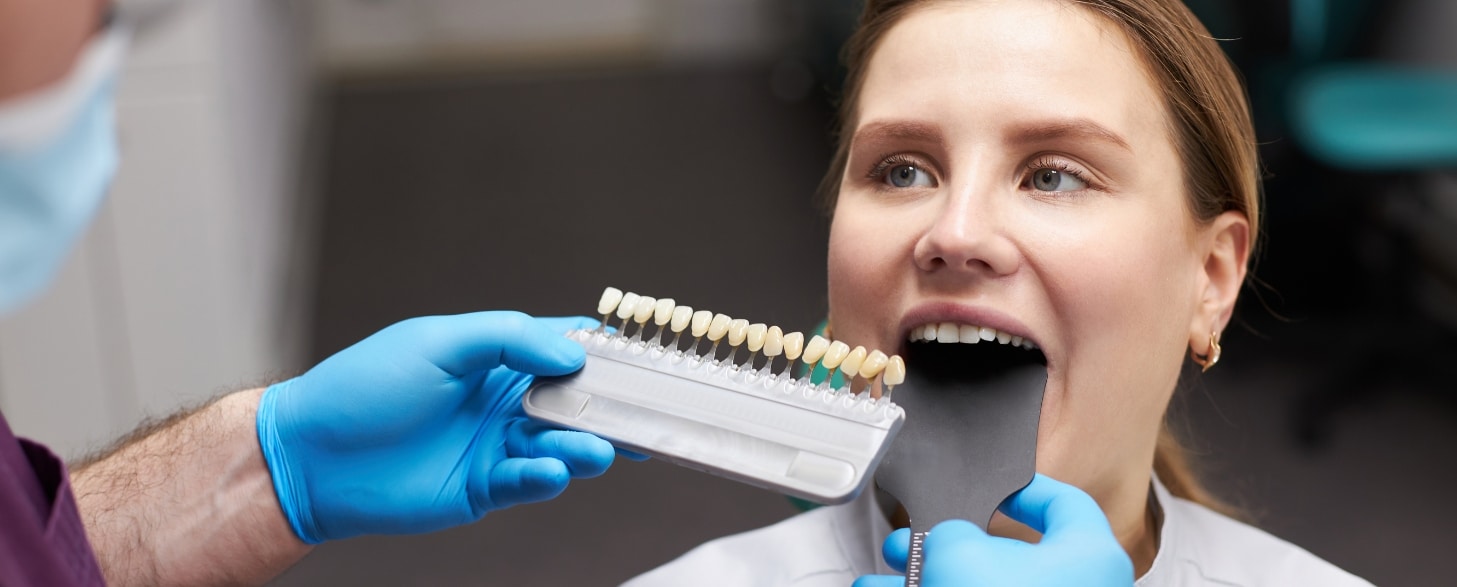Protect Your Dental Veneers: 6 Essential Tips for Long-Lasting Results
San Antonio, TX

Dental veneers are a fantastic investment for anyone seeking to enhance their smile. These thin, custom-made shells designed to cover the front surface of teeth can correct various dental issues, such as discoloration, chips, and gaps. However, while veneers are durable and can last many years, they require proper care to maintain their appearance and functionality. In this blog post, we’ll explore six essential tips to help you protect your dental veneers and ensure they stay beautiful for years to come.
Understanding Dental Veneers
Dental veneers are thin, custom-made shells designed to cover the front surface of teeth, enhancing their appearance. They are typically made from porcelain or composite resin and are used to correct various dental issues such as discoloration, chips, gaps, or misaligned teeth. Veneers are bonded to the natural teeth using a strong adhesive, creating a durable and natural-looking smile. While they are resistant to staining and provide long-lasting results, veneers require proper care to maintain their appearance and functionality. Regular brushing, flossing, and dental check-ups are essential to keep them in top condition. Dental veneers are a popular choice for those seeking a quick and effective way to achieve a beautiful, confident smile.
1. Practice Good Oral Hygiene
Maintaining excellent oral hygiene is crucial for the longevity of your dental veneers. Even though veneers themselves are resistant to stains and decay, the underlying teeth and gums are still susceptible to these issues. Here’s how you can ensure proper oral care:
- Brush Twice Daily: Use a soft-bristled toothbrush and non-abrasive toothpaste to gently clean your teeth. Hard bristles or abrasive toothpaste can damage the surface of your veneers, leading to scratches and dullness.
- Floss Regularly: Flossing helps remove food particles and plaque between your teeth and veneers, preventing gum disease and tooth decay. Be gentle when flossing around veneers to avoid damaging them.
- Rinse with Mouthwash: An antiseptic mouthwash can help kill bacteria that brushing and flossing might miss. Look for an alcohol-free mouthwash to avoid drying out your mouth, which can negatively affect your veneers.
Maintaining a good oral hygiene routine will not only protect your veneers but also keep your natural teeth and gums healthy.
2. Avoid Biting on Hard Objects
While dental veneers are designed to be strong and durable, they are not invincible. One of the most common causes of veneer damage is biting on hard objects, such as:
- Ice Cubes: Chewing on ice can cause your veneers to chip or crack. If you enjoy cold drinks, consider using crushed ice instead of large cubes.
- Hard Candy: Sucking on hard candy is safe, but biting into it can lead to cracks in your veneers. Opt for softer treats or avoid hard candies altogether.
- Fingernails: Biting your nails is a common habit that can exert excessive pressure on your veneers, causing them to crack or come loose. Consider using a nail-biting deterrent to break the habit.
- Pens and Pencils: Many people unconsciously chew on pens or pencils, but this can cause damage to your veneers. Be mindful of this habit and try to avoid it.
By avoiding these hard objects, you can significantly reduce the risk of damaging your veneers.
3. Watch What You Eat and Drink
While veneers are resistant to stains, they are not completely immune. Certain foods and drinks can stain the edges of your veneers or the bonding material, leading to a less-than-perfect smile. Here are some dietary tips to follow:
- Limit Staining Beverages: Drinks like coffee, tea, red wine, and soda can cause discoloration over time. If you can’t resist these beverages, try drinking them through a straw to minimize contact with your veneers.
- Avoid Acidic Foods: Foods high in acid, such as citrus fruits, tomatoes, and vinegar-based dressings, can erode the bonding material that holds your veneers in place. Consider rinsing your mouth with water after consuming acidic foods.
- Cut Back on Sugary Foods: Sugar can contribute to tooth decay, which can weaken the tooth structure underneath your veneers. Limit your intake of sugary snacks and drinks to protect your veneers and overall oral health.
- Opt for Crunchy Fruits and Vegetables: Foods like apples, carrots, and celery can naturally clean your teeth and help maintain the brightness of your veneers. They also promote good oral health by stimulating saliva production, which helps wash away food particles and bacteria.
By making mindful choices about what you eat and drink, you can help preserve the appearance of your veneers and prevent staining.
4. Wear a Mouthguard
If you participate in sports or suffer from bruxism (teeth grinding), wearing a mouthguard is essential to protect your veneers. Here’s why:
- Sports Mouthguard: Engaging in contact sports or activities that could result in a blow to the face puts your veneers at risk. A custom-fitted sports mouthguard can help absorb impact and prevent damage to your veneers.
- Night Guard for Bruxism: Teeth grinding and clenching, often caused by stress or sleep disorders, can put excessive pressure on your veneers, leading to cracks or chips. A night guard, custom-made by your dentist, can help protect your veneers by preventing grinding while you sleep.
Wearing a mouthguard is a simple and effective way to protect your investment and avoid costly repairs.
5. Regular Dental Check-Ups
Routine dental visits are crucial for maintaining the health and longevity of your veneers. During these visits, your dentist will:
- Examine Your Veneers: Your dentist will check the condition of your veneers, ensuring they are still securely bonded and free from cracks or chips. Early detection of any issues can prevent further damage and costly repairs.
- Professional Cleaning: Even with excellent oral hygiene at home, plaque and tartar can still build up in hard-to-reach areas. Professional cleanings help remove this buildup, keeping your teeth and veneers in optimal condition.
- Discuss Any Concerns: If you’re experiencing any discomfort or noticing changes in your veneers, your dental check-up is the perfect time to address these concerns. Your dentist can provide guidance on how to improve your veneer care routine or recommend adjustments if necessary.
Regular dental visits will help ensure that your veneers last as long as possible, maintaining their appearance and functionality.
6. Avoid Smoking and Excessive Alcohol Consumption
Smoking and excessive alcohol consumption can negatively impact the appearance and longevity of your veneers. Here’s how:
- Smoking: Tobacco use can stain the edges of your veneers and the bonding material, leading to a yellow or brownish hue. Smoking also contributes to gum disease, which can affect the stability of your veneers over time.
- Alcohol: Frequent alcohol consumption can soften the bonding material used to attach your veneers, making them more prone to damage. Additionally, alcohol can dry out your mouth, reducing saliva production and increasing the risk of decay and gum disease.
If you smoke, consider quitting to protect your veneers and improve your overall health. If you drink alcohol, try to do so in moderation and stay hydrated by drinking water alongside alcoholic beverages.
Dental veneers are a valuable investment in your smile, and with proper care, they can last many years. By following these six essential tips – practicing good oral hygiene, avoiding hard objects, being mindful of your diet, wearing a mouthguard, attending regular dental check-ups, and avoiding smoking and excessive alcohol consumption – you can protect your veneers and enjoy a bright, beautiful smile for years to come.
Remember, your veneers are only as good as the care you provide them. By taking these steps, you’re not only preserving your veneers but also ensuring your overall oral health. So, smile confidently, knowing that you’re doing everything possible to keep your veneers looking their best!






